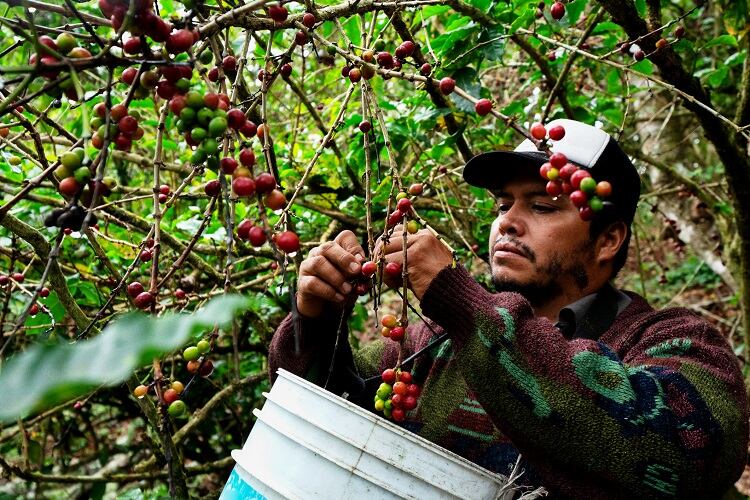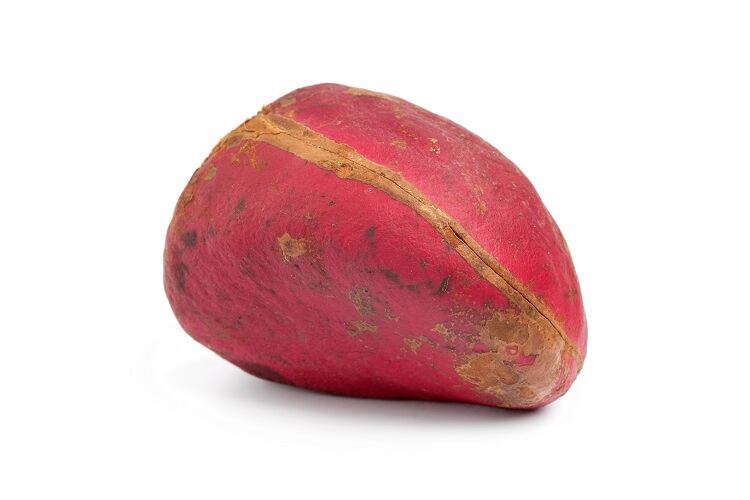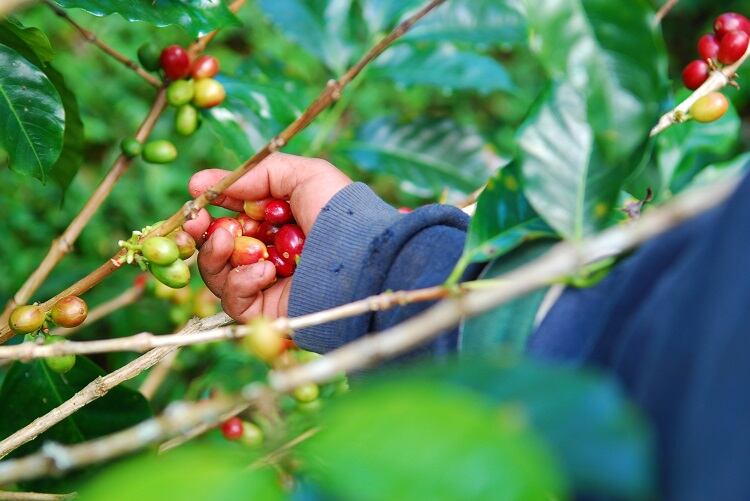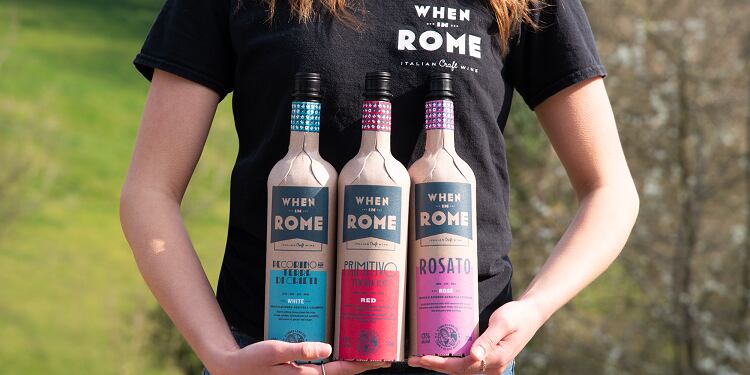Often the more complex and opaque the supply chain, the greater the risk of human rights and environmental abuses within it. These range from forced labour to underpaid workforces, deforestation to food waste.
Of the 12.5m smallholder coffee farmers currently in operation, for example, it is estimated at least 5.5m live below the international poverty line. Deforestation is another global concern, rife in palm oil and soy supply chains, with an estimated 10m hectares having been destroyed per year between 2015 and 2020.
Food waste is another contributor to the environmental crisis. The FAO estimates one third of all food produced globally goes to waste. If food waste were a country, it would be the third-largest emitter of greenhouse gases behind only China and the US.
Ethically and environmentally conscious food and beverage start-ups are taking notice. While lacking the conventional clout of big name FMCGs, their agile mindsets and unwavering focus on sustainability are paving the way for new approaches to old problems. FoodNavigator hears how.
Incentivising change in coffee
If you can’t find an issue in your supply chain, you’re ‘just not looking hard enough’, Will Corby, head of coffee at Pact told a room full of food and beverage start-ups at Bread & Jam’s recent Future Summit: “There is a problem in every supply chain.”
Coffee supply chains have a shady history when it comes to environmental and ethical concerns. Not only are many smallholders living below the extreme poverty line ($1.90 – which sounds absurd given that on average, a cup of takeaway coffee costs $2), but price volatility has been known to increase the risk of child labour.
Specialty coffee company Pact Coffee, which supplies to foodservice, offices, and D2C in the UK, wants to empower coffee producers to act more ethically and sustainably. And to do that, they’re paying them more.

“We pay 60% over the Fairtrade [minimum] price,” Corby explained. Fairtrade certified cooperatives are paid a minimum of $1.40 per pound for conventional arabica coffee (or the market price if higher).
“We find smallholder farmers who could produce great coffee but have no incentive to do so. They were selling their coffee on the commodity market, [earning the] living or poverty wage. Most farmers in the world are earning significantly closer to the poverty wage than the living wage.”
Incentivisation has produced ‘fantastic results’, he continued. “That incentivisation has yielded the world’s best coffee.”
Not only are the smallholders learning the skills required to produce high-end specialty coffee sustainably, but the second phase of Pact’s sourcing model sees the coffee brand make small-scale investments in smallholders’ farms. Investments can range from micro-financing farming equipment to purchasing livestock to help with crop fertilisation.
Pact prefers to work collaboratively with its coffee producers, rather than making executive decisions on their behalf, suggested the Head of Coffee. “We don’t need to tell people to plant forests, we just need to put them into a positive [situation] where they can do it.”
Supporting cola nut producers in Sierra Leone
Coca-Cola challenger brand, Karma Drinks, is also on a mission to improve livelihoods within its supply chain. The company’s values are centred around ethics, Jessamy Beeson-Jones, European Sales and Marketing Director, explained at the Bread & Jam event,
For Karma Drinks, that means ‘treating people fairly’ and ‘paying a fair price’: “Which is why we’re Fairtrade, and then fairer than Fairtrade,” we were told.
The company, which makes Fairtrade and organic soft drinks ranging from Karma Cola to Gingerella, Lemony Lemonade and Summer Orangeade, set up The Karma Foundation on the back of its flagship Karma Cola product.
“When we started out, we were trying to find Fairtrade kola nuts,” recalled Beeson-Jones. Upon further research, the start-up soon discovered that it appeared none of the big cola brands were making the beverage with ‘real ingredients’.
Karma Drinks located kola nut growers in Sierra Leone and established The Karma Foundation to help improve ethical sustainability on the ground. One percent of the price of every beverage sold goes towards the foundation.

Since working with Karma Drinks, Beeson-Jones has observed that businesses can do ‘quite a lot’ over a sustained period of time on a relatively small budget. “You don’t have to be the wealthiest brand in the world, but you have to pick something that you value and keep doing it over a long period,” she told delegates.
In a similar vein to Pact Coffee, Karma Drinks is very keen on collaborating with its suppliers and directly asking them what they need.
Over the last 10 years, The Karma Foundation has funded qualifications and salaries for schoolteachers, bursaries for girls to attend school, built schools and additional classrooms, supported farmers, constructed roads and bridges, and rebuilt hand pumps for freshwater supply.
Upcycling ‘wonky’ veg to reduce food waste
If Karma Drinks is predominantly focused on ethics, Dash Water focuses its energy on reducing food waste at the farm level.
“Our mission is to celebrate wonky fruit and to make delicious, healthy drinks,” explained Dash Water co-founder Jack Scott. And the end product, made from ‘water, bubbles, and wonky fruit’, does just that, we were told.
Unlike Pact Coffee and Karma Drinks, Scott first encountered issues within the supply chain on home soil. Having grown up on an arable farm in the English county of Shropshire, Scott observed the food waste problem ‘first-hand’. “There is a real issue at farm level with food going to waste due to the way it looks.”
Indeed, across Europe it is estimated that more than 50m tonnes of fresh fruit and vegetables is being discarded annually for aesthetic reasons. In the UK, a 2018 study out of the University of Edinburgh claimed that as much as 4.5m tonnes of food was being wasted because food did not meet artificial specifications.
Scott recalled working on the potato grader during the school holidays and noting that all imperfect potatoes – ones with blemishes, or that were too big or too small – were downcycled into animal feed or sent to landfill. “That’s where the food waste thing for me really started.”
Today, Dash Water is working to expand the secondary market for wonky fruit. This mission is ‘very important’ for the brand, he told delegates’, and ‘sits right at its heart’.

Dash Water was founded in 2016. Now, seven years on, the business has expanded internationally to Melbourne, Australia, where it produces its sparkling beverages for the local market.
Awareness surrounding the potential of wonky fruit and veg is undeniably increasing, suggested Scott. More is being sold in-store, and businesses such as Oddbox are delivering out-of-spec fresh produce to people’s doors.
“But we’ve got a long way to go in regards to consumer perception and supermarket behaviour,” he stressed.




